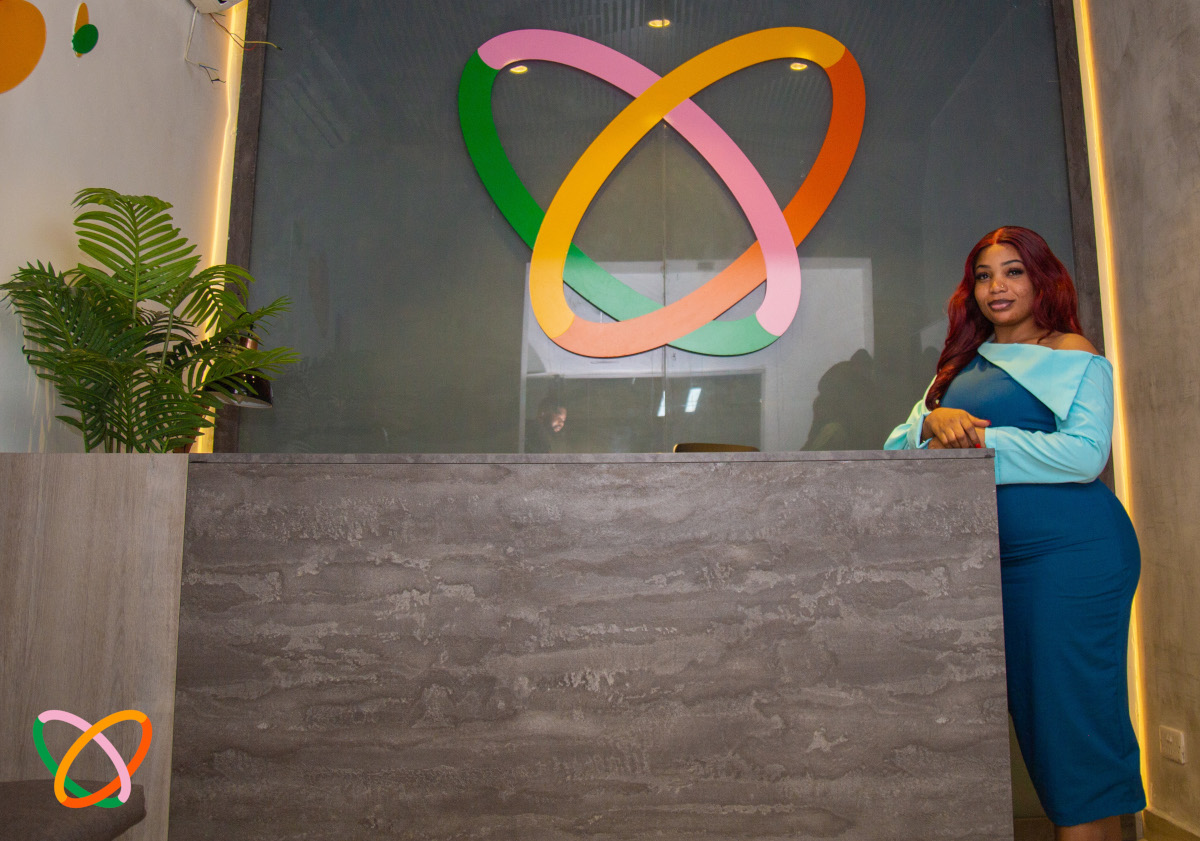In spite of the global clampdown on cryptocurrency by governments and Internet companies, the digital currency keeps getting more relevance.
According to CoinSchedule, the sum of $9.4 billion was raised via initial coin offerings (ICOs) between January and May 2018, which is higher than the total figure raised in 2017 — $3.88 billion.
ICOs are a means of raising funds via cryptocurrencies for a venture or startup over the internet in small amounts from a large number of people. Investopedia explains further that in an ICO, a percentage of the cryptocurrency is sold to early backers of the project or startup in exchange for legal tender or other cryptocurrencies, but usually for Bitcoin.
Earlier in the year, SureRemit — a non-cash remittance startup — became the first company in the West African region to launch an ICO. Worthy of note is that SureRemit’s ICO was done outside Nigeria, probably on the ground that cryptocurrency has no legal backing in the country.
The national assembly recently beckoned on the Central Bank of Nigeria (CBN) as well as the Nigerian Deposit Insurance Commission (NDIC) to put forward a regulatory framework for blockchain in the country.
We can keep considering cryptocurrency as a buzz word but according to figures from CoinSchedule, about a million dollars was already raised in ICOs between June 4 and 5, 2018.
Going the ICO route really takes out the bottlenecks preventing startups from raising funds through an initial public offering (IPO). To get listed on the Nigerian Stock Exchange, the requirement for Standard A is a cumulative pre-tax profit from continuing operations of not less than ₦300 million over 3 years, with at least ₦100 million pre-tax profit in 2 of those years.
The CBN has over time stated its stance on cryptocurrency. But in spite of the apex bank’s unfavourable position on digital currency, the world will not wait for Nigeria to catch up.











